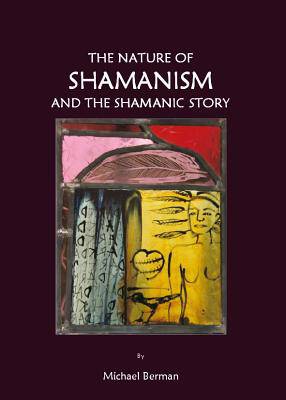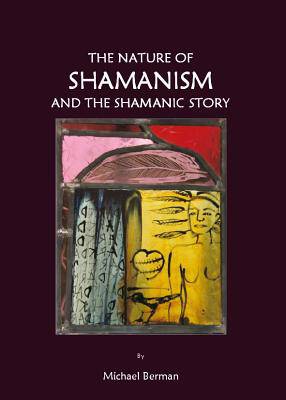
- Afhalen na 1 uur in een winkel met voorraad
- Gratis thuislevering in België vanaf € 30
- Ruim aanbod met 7 miljoen producten
- Afhalen na 1 uur in een winkel met voorraad
- Gratis thuislevering in België vanaf € 30
- Ruim aanbod met 7 miljoen producten
Zoeken
€ 86,45
+ 172 punten
Omschrijving
The book makes out a case for the introduction of a new genre of tale, the shamanic story, which has either been based on or inspired by a shamanic journey, or contains a number of the elements that are typical of such a journey. The stories featured are the Book of Jonah from the Old Testament, two traditional stories from the Republic of Georgia-The Earth will take its Own and Davit, a contemporary German tale Bundles, and the Korean story of Shimchong, the Blindman's Daughter. By making use of textual material from a number of different cultures and times, the intention is to highlight the pervasive influence shamanism has had and to show how the new genre being proposed is a universal one. The research questions addressed include 1) defining what shamanism is, deciding whether it should be classified as a religion, a methodology or a way of life 2) considering whether a case can be made out for the introduction of a new genre of tale and, if so, what its characteristics are. It is hoped the book will be of interest not only to those involved in the study of shamanism but also to those whose interest is in the study of literary texts. Since the old bearers of shamanic traditions quite often were, and even today are, illiterate, the study of their folklore-epic songs, laments, narratives-undoubtedly provides a rich source for research.
Specificaties
Betrokkenen
- Auteur(s):
- Uitgeverij:
Inhoud
- Aantal bladzijden:
- 175
- Taal:
- Engels
Eigenschappen
- Productcode (EAN):
- 9781847183569
- Verschijningsdatum:
- 01/11/2007
- Uitvoering:
- Hardcover
- Formaat:
- Ongenaaid / garenloos gebonden
- Afmetingen:
- 152 mm x 208 mm
- Gewicht:
- 399 g

Alleen bij Standaard Boekhandel
+ 172 punten op je klantenkaart van Standaard Boekhandel
Beoordelingen
We publiceren alleen reviews die voldoen aan de voorwaarden voor reviews. Bekijk onze voorwaarden voor reviews.







